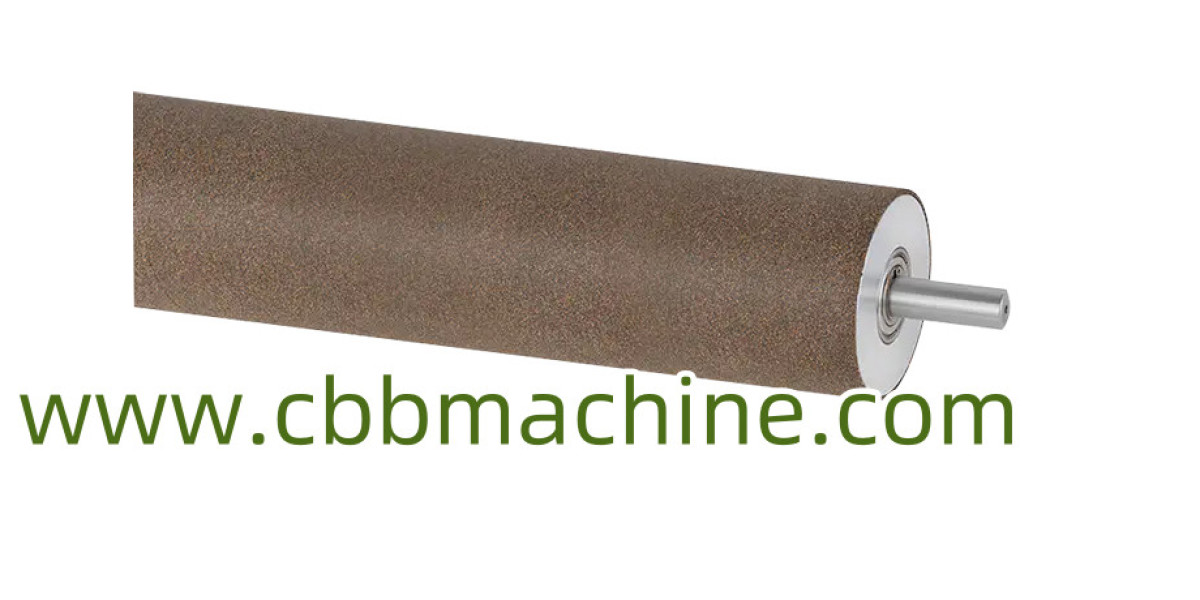In many advanced processing and packaging lines, the Aluminum Roller plays a central role in facilitating smooth, precise, and efficient material movement. These rollers are widely used in numerous manufacturing industries due to their excellent balance between durability, lightweight structure, and performance.
Engineered for Industrial Demands
Modern industrial systems require components that can withstand demanding conditions without compromising speed or consistency. Aluminum rollers are precisely engineered to offer resistance to corrosion, wear, and deformation under pressure. This makes them ideal for a wide range of environments, from clean rooms in electronics production to high-moisture areas in food packaging facilities.
Their structural design supports high-speed rotation while minimizing vibration, contributing to the overall stability of production lines. The surface can be customized depending on application needs—anodized, polished, or grooved—to improve friction, enhance grip, or reduce material contact resistance.
Lightweight Strength
One of the key benefits of using aluminum as a roller material is its excellent strength-to-weight ratio. The rollers are significantly lighter than steel counterparts, which helps reduce energy consumption in conveyor systems. This weight reduction also contributes to easier installation and lower wear on supporting parts like bearings and shafts.
In applications where rapid start-and-stop movement is required, the lightweight nature of these rollers improves response time and reduces strain on drive mechanisms. This advantage makes them an efficient choice for industries that prioritize both speed and precision.
CBBMachine’s Custom Fabrication Capabilities
CBBMachine, a professional manufacturer, offers tailored solutions for clients with specific dimensional and functional requirements. Whether the application involves high-heat environments, non-stick surfaces, or silent operation, the roller can be adapted with coatings, hollow or solid cores, or integrated end fittings.
Clients from different industries—such as textiles, film extrusion, paper production, and printing—can request modifications that optimize performance within their processes. The ability to design to order ensures each component fits seamlessly into existing systems, improving efficiency without the need for major overhauls.
Quality and Surface Integrity
The longevity and performance of any roller are closely tied to surface quality. Aluminum rollers provided by reliable manufacturers undergo strict quality control measures to ensure uniform thickness, minimal runout, and consistent roundness. Precision machining techniques are applied to achieve tight tolerances, which are essential for maintaining product alignment and preventing tracking issues on conveyor belts or web materials.
Finishing processes such as anodizing or chroming are available to further improve durability, electrical conductivity, or aesthetic appeal. These surface treatments extend the roller's life and reduce maintenance intervals.
Applications Across Industries
From transporting flexible films to guiding fabric webs and pressing product sheets, the aluminum roller is a vital part of modern production. It’s found in packaging machines, labeling units, laminators, and printing presses. Its versatility and adaptability make it suitable for many sectors, including logistics, agriculture, and pharmaceuticals.
Manufacturers rely on its low maintenance, smooth operation, and consistent results to ensure workflow continuity and reduce downtime. By investing in components like this, businesses enhance the reliability of their processes and maintain a high standard of output.
To explore more about industrial rollers and customized components, visit:








